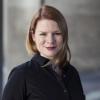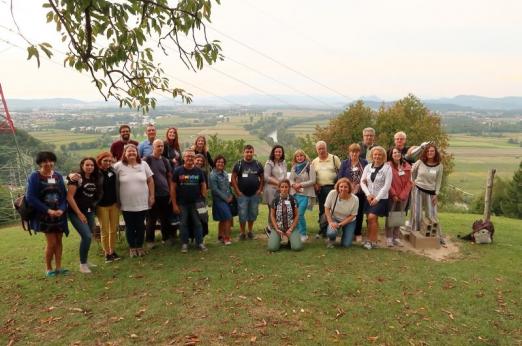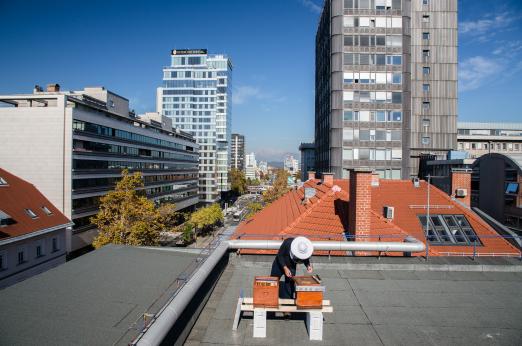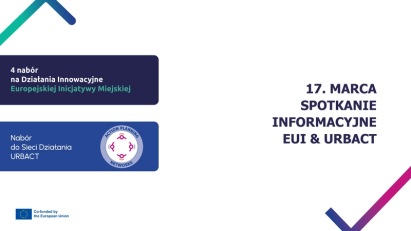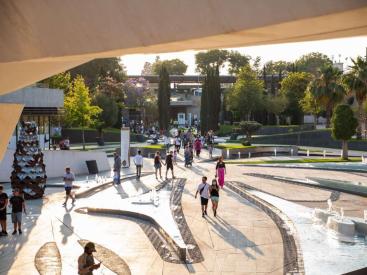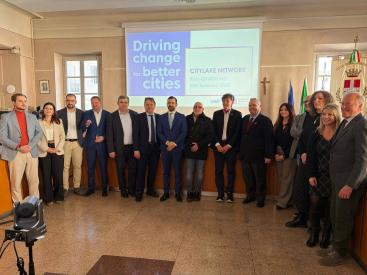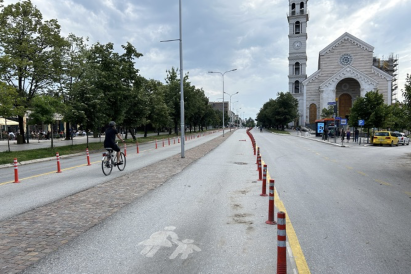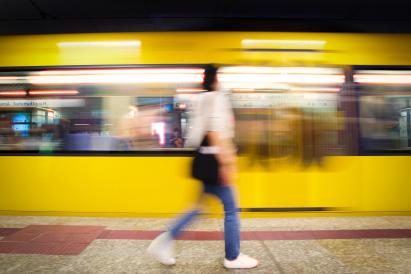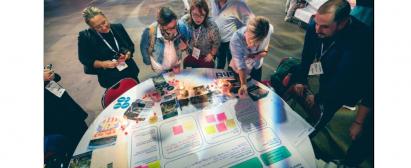01/09/2019 15/03/2022
Gender equality is a fundamental goal of EU policy. Unfortunately, many urban policies, services, and physical developments still do not take gender into account, despite the fact that men and women use the city and its structures differently. Genderedlandscape is the Action Planning network that sought to create an understanding of the city as a place where gendered power structures are always present and develop locally contextualised tools and approaches to work towards gender equality in urban policies, planning, and services.

Summary
- Trikala - Greece
- Barcelona - Spain
- Panevėžys - Lithuania
- La Rochelle - France
- Celje - Slovenia
Timeline
Start of phase 1
Closure of phase 1
Start of phase 2
Final Conference: The Gendered Landscape of European Cities
Closure of network
Network Outputs
-
Genderedlandscape Baseline Study(PDF, 2Mo)


